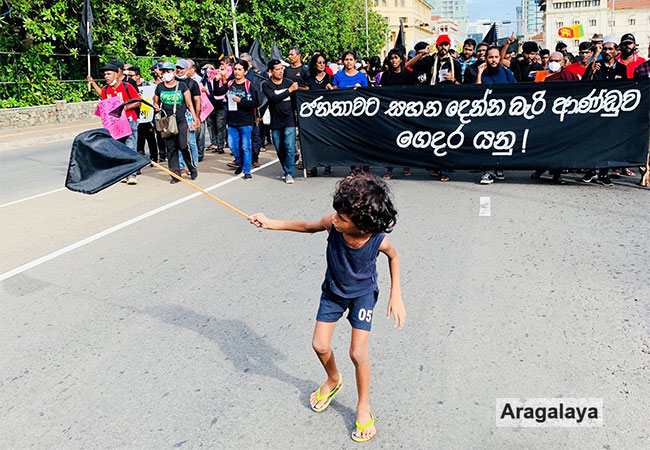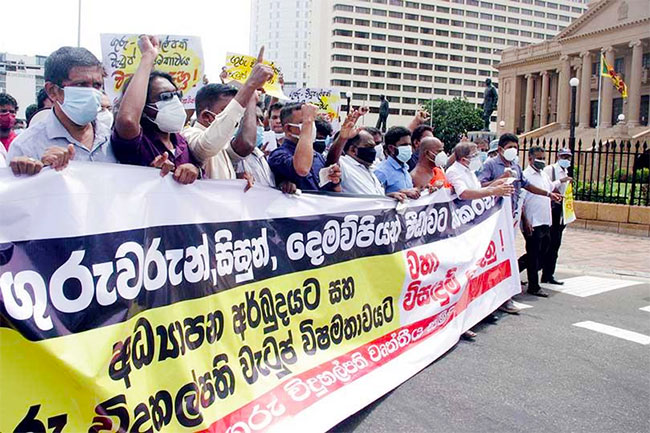Free Education, Social Welfare and the IMF Programme
Sri Lanka’s seventeenth IMF agreement sealed last week may well prove to be the most devastating one of them all. The reason is that the agreement comes along with Sri Lanka having defaulted on its external debt for the first time in its history. The IMF amounts to being the arbiter of the debt restructuring process with Sri Lanka’s external creditors, which will provide considerable leverage for Sri Lanka to be held accountable to IMF conditionalities.









